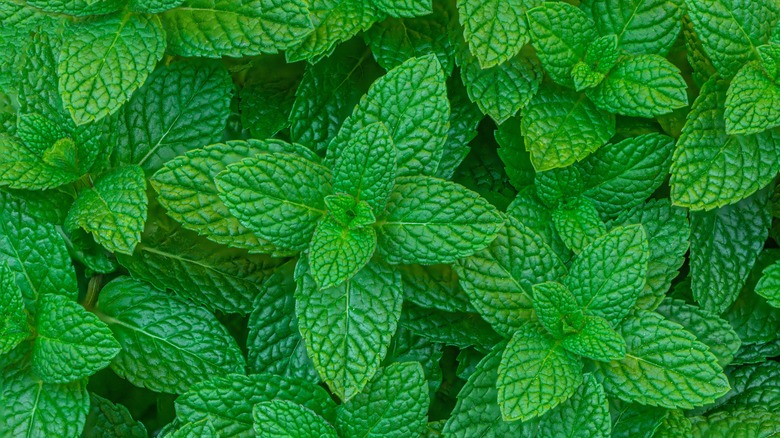Humanity is so desperate to get rid of mosquitoes that we try as many home remedies as possible. If you’re a mosquito’s favorite meal, you’ve probably tried every essential oil and bug spray in the book. So it’s understandable if your ears perked up when people started talking about using mouthwash as a mosquito repellent.
Mouthwash’s strong, minty flavor is known to burn and tingle, so why wouldn’t it work on mosquitoes? While the claim does have a tiny bit of merit, mouthwash isn’t a good way to get rid of those blood-sucking bugs. Wearing a long sleeve tee and a coat of bug spray will be far more effective than that brightly colored minty liquid. Save that stuff for your teeth! Though it may be disappointing that you can’t use your trusty bottle of mouthwash, there are plenty of other options for you to use that are likely more readily available to you when you’re outdoors.
Mouthwash can’t wash away your mosquito problems

Mouthwashes like Listerine usually contain menthol and eucalyptol, both of which are responsible for that minty punch. They’re naturally-derived ingredients, with menthol coming from mint and eucalyptol coming from eucalyptus (though menthol can also be chemically created in a lab). Even if these ingredients are natural, they can still be harmful in large quantities or if used incorrectly, such as menthol not being diluted properly.
In an interview with WCNC, Dr. Karla Robinson says that eucalyptol and menthol do repel mosquitoes. However, there are many reasons why it’s not worth trying, the main one being that the amount of these ingredients is so low that it likely wouldn’t repel them for long. Mouthwash will evaporate quickly due to it being mostly alcohol and water, so even if it does work, it won’t be an all-day solution. There’s also a concern that mouthwash is intended to be swished around your mouth and then spit out and not applied to your skin, so it may not be safe.
Since mouthwash evaporates quickly, it won’t be effective against mosquitoes in your backyard. Whether you put it on your skin or leave it out next to you, you likely won’t see much of a difference. If anything, you’ll just be using up a perfectly good bottle of mouthwash.
How to repel mosquitoes in your backyard
There are several effective ways to repel mosquitoes in your yard while sitting out on your patio. The CDC recommends treating clothing with permethrin spray and using insect repellent with DEET or oil of lemon eucalyptus, (not to be confused with lemon eucalyptus oil). You can prevent mosquitoes by removing stagnant water from your backyard and scrubbing down any items that have held water for a while.
If you don’t want to use insecticide repellents, there are many natural methods you can turn to, though the CDC doesn’t recommend anything that isn’t registered with the EPA. Many essential oils are believed to repel mosquitoes, including lemon eucalyptus oil, thyme oil, cinnamon oil, and tea tree oil. Always use a carrier oil when applying essential oils to your skin since they can cause skin irritation in their pure form. Citronella oil and candles may also be an effective way to repel mosquitoes, but this can vary from person to person since citronella behaves differently based on the composition of each person.